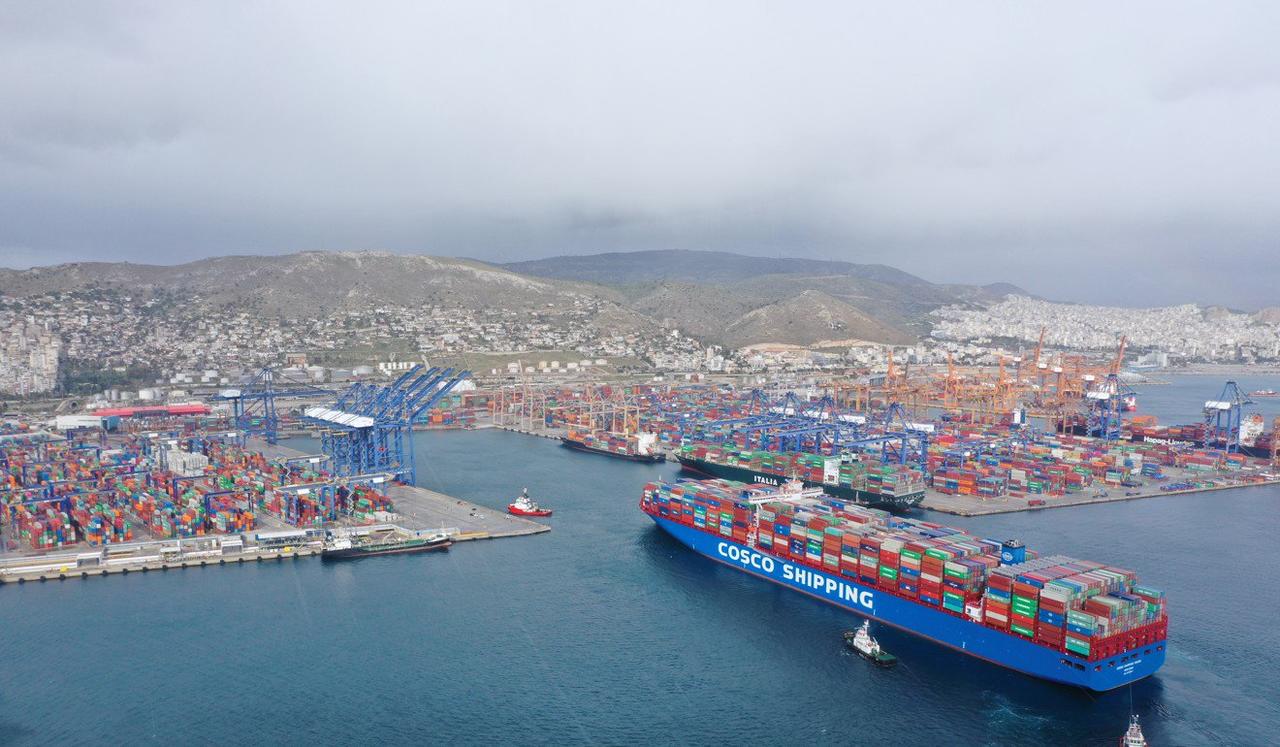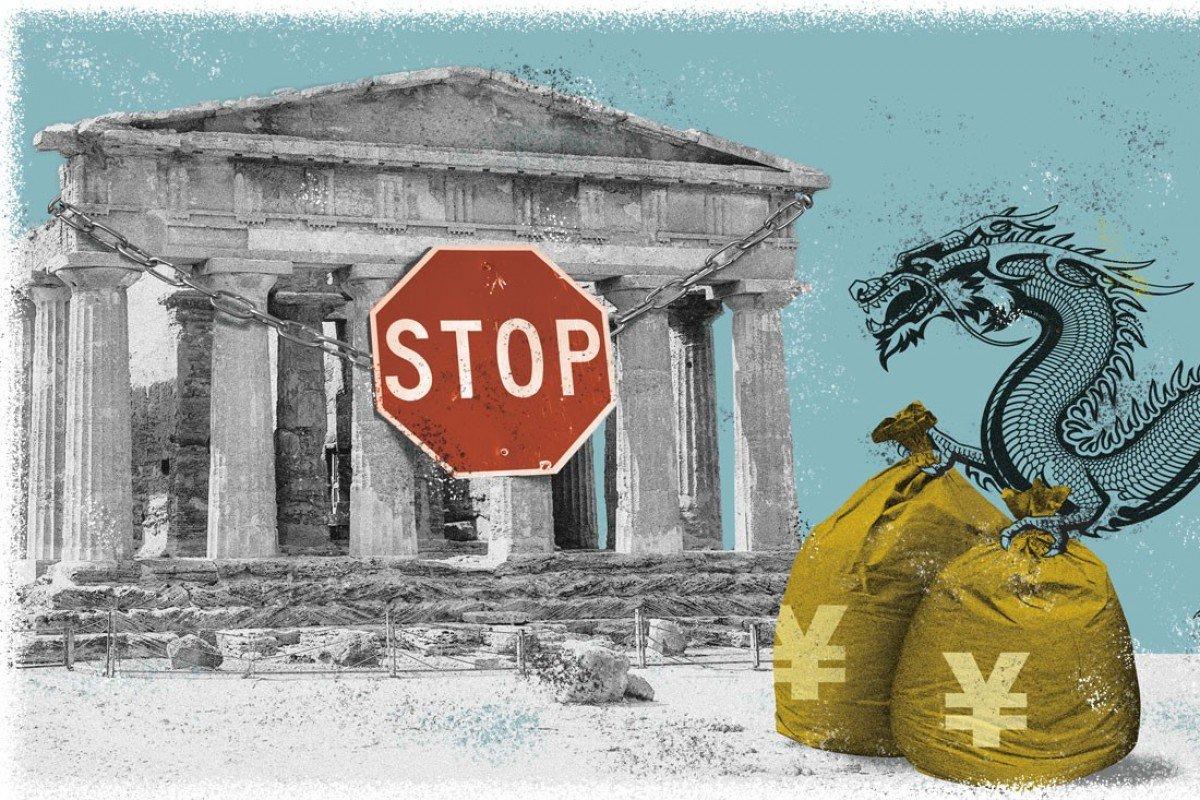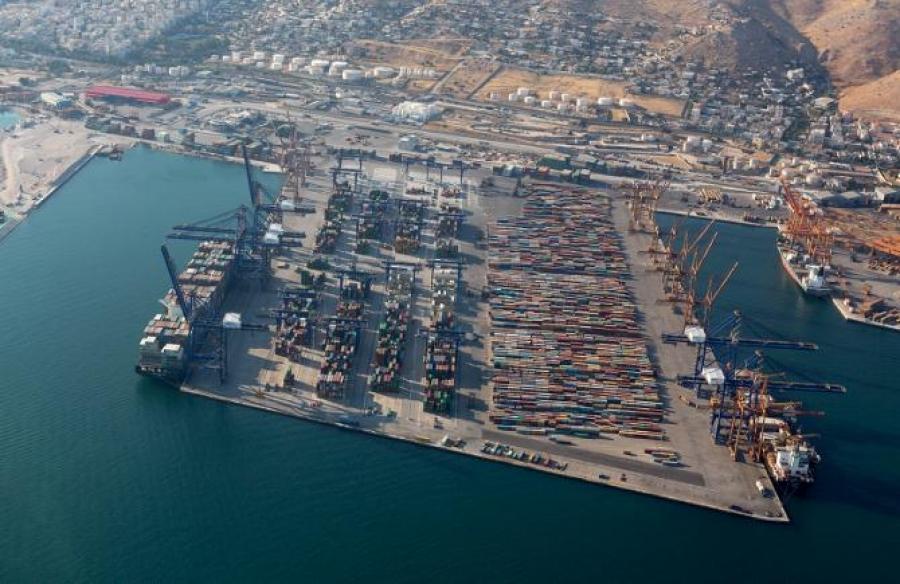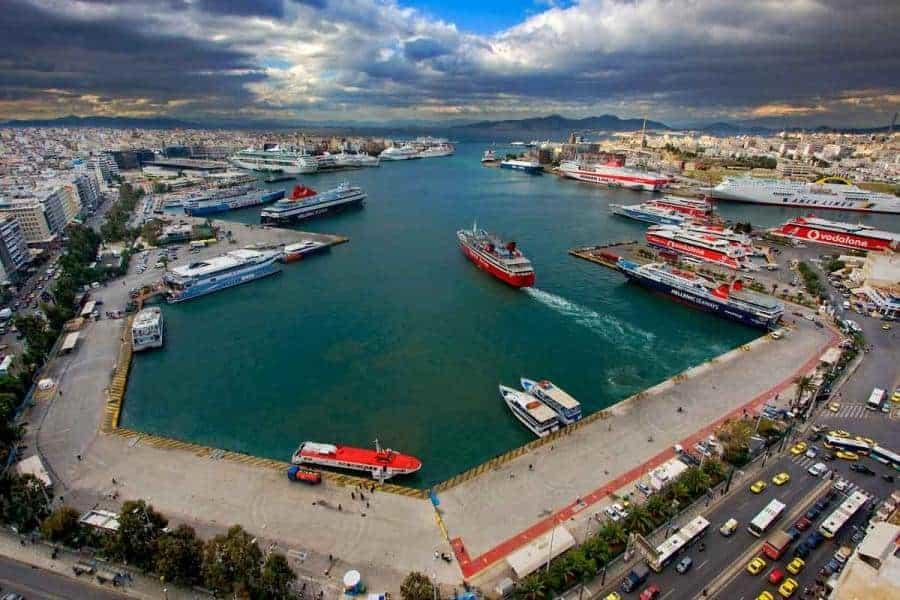“The challenges for Chinese enterprises to succeed in managing BRI projects is not showering the dollars and yuans, but winning hearts and minds,” a China research fellow at London-based think tank Chatham House told the South China Morning Post in a bombshell full report detailing how Beijing has entered an “unprecedented limbo” on a stalled expansion project on the famous and ancient Port of Piraeus in Greece. It illustrates an emerging trend in other Belt and Road Initiative countries: all the money in the world can’t overcome local and cultural realities, and if Beijing plans to ride roughshod over these in hunger of its broader ambitions, President Xi’s grand initiative is sure to die on the vine.
Cosco Shipping — the China state-owned Shanghai based shipping and logistics services conglomerate — has been operating Piraeus port for the past decade, but local authorities have now banned the company from pursuing a planned expansion of port facilities due to archaeological concerns, halting a €1.5 billion (US$1.7 billion) long term expansion deal with the Greek government which included construction of a sprawling mall next to a new cruise ship terminal, as well as a five-star hotel in port’s southern section. The broader makeover was a planned first step in creating a so-called Athens Riviera — but which now faces endless bureaucratic obstacles amid local fears China is playing an outsized role in Greece.

Last week the Greek Central Archaeological Council unanimously turned down major key aspects to the project, citing potential damage to local heritage and archaeological preservation projects, as well as environmental concerns and “aesthetic” reasons. Crucially, the council effectively declared half the town as an archaeological site, bringing to a halt Cosco’s further plans to construct a new cruise passenger station, a logistics center in nearby Keratsini, four new cruise berths at Pireaus, along with a new berth allocation system, according to the South China Morning Post (SCMP) report.
Ironically, the SCMP observes, “while Greece’s heritage was once an attraction for the Chinese leadership, it may now prove to be a stumbling block for their ambitions.” Though Cosco’s management of Pireaus predates Xi’s BRI plans (Cosco has a 51% stake in the port), China’s success in Greece could convince skeptics concerning Beijing’s role on the European continent.
But it now appears the skeptics are winning, given Cosco will now face much stricter regulations for any expansion due to the extension of the archaeological zone, even as Greece’s leaders lobby for more foreign investors aimed at recovery from a nearly nine-year economic and austerity crisis. It’s further believed that opposition elements within PM Tsipras’ own Syriza party are working against him to block major foreign companies from gaining too much of a stake in Greece.

Citing Cosco company insiders, the SCMP report lends credence to these fears in the following:
Insiders at the company, however, say they are now playing a greater role in Greece than initially expected.
The Chinese brand is seen as a representative of modernity, a provider of jobs in an economically struggling country, a redeveloper of cities – and a constant target for sceptics in the Greek parliament.
Cosco is responsible for the long-term sustainability of the port, given its outsize role in the Piraeus Port Authority, which it took over from the Greek government in 2016 following Tsipras’s privatisation deal.
But now, after last week’s Central Archaeological Council decision, which made Cosco executives “furious” according to some reports, obstacles and red tape are mounting given that “Even projects that had already been approved had to be referred to the Ministry of Culture, the Central Archaeological Council and the Central Council of Modern Monuments for reauthorization,” according to the SCMP.
Moreover, the whole episode underscores Beijing’s overly optimistic approach to BRI-related expansion generally, given the tendency to operate on the assumption that a population’s deep cultural roots combined with local politics can ultimately be overcome with the lure of multi-billion dollar investment.
On the intricacies of the internal long running Greek fight over privatization and the sale of state assets to speed economic recovery, the SCMP reports further:
Speaking to the South China Morning Post, Greece’s Deputy Prime Minister Yanis Dragasakis rejected Greek media reports that the Tsipras administration was employing delaying tactics because it was falling in the polls ahead of elections this year.
“I don’t know there’s a delay here. This is not related to the election. It is related to the complexity of the decision to be made,” Dragasakis said.
“This area is full of antiquities, [a] fact that requires all procedures to be followed properly. In any event, the investment for the port of Piraeus is a very, very important investment.”
The Greek government, he added, “will do our utmost to facilitate [Cosco’s] presence in Greece.”
Sources say the stymied expansion plan will result in at least an eight month delay for implementation of already approved investments, on top of the ongoing two-and-a-half years of delays since the Piraeus Port Authority’s privatization under Cosco.

Initially, Cosco faced very few permits, according to Greece’s Ekathimerini newspaper, and was on its way to surpass Valencia in Spain for becoming the Mediterranean’s busiest container terminal.
Cosco considers the expansion projects and interventions as necessary for Piraeus’ continued operation at such levels, as well as a crucial future link in the so-called new Silk Road linking Europe and Eurasia.
via ZeroHedge News http://bit.ly/2YYFaEW Tyler Durden
